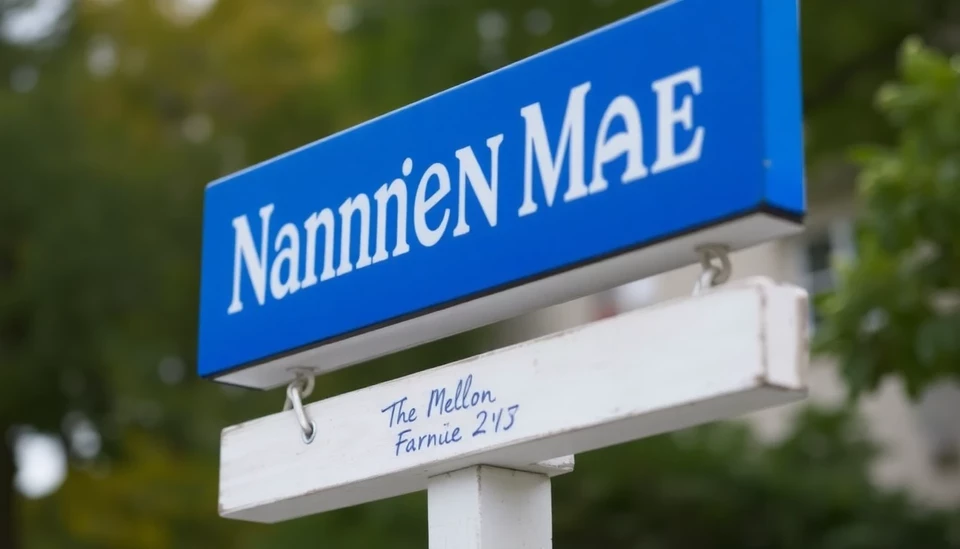
Fannie Mae and BNY Mellon have found themselves embroiled in a significant legal dispute, as they are accused of overinflating rates charged to borrowers during the foreclosure process of various loans. This lawsuit brings attention to the practices of these financial giants, highlighting potential discrepancies in how they manage the costs associated with loan defaults.
The allegations, filed in a federal court, claim that Fannie Mae and BNY Mellon engaged in deceptive practices that led to borrowers facing unjustly inflated charges. The borrowers, many of whom were already struggling to make their mortgage payments, claim that these inflated rates exacerbated their financial hardships. It is alleged that the companies did not disclose these costs adequately, leading to a lack of transparency during the foreclosure process.
As the investigation unfolds, many are questioning the ethical standards of Fannie Mae and BNY Mellon. The lawsuit specifically points out the systemic issues within the foreclosure practices that could potentially affect thousands of borrowers across the nation. This news comes as part of a broader examination of the mortgage industry's standards, particularly in the wake of the housing crisis that has left many consumers vulnerable.
In response to these allegations, spokespeople for both Fannie Mae and BNY Mellon have begun to defend their practices. They assert that all charges are compliant with regulatory requirements and that any adjustments made to rates are reflective of market conditions rather than an intention to exploit borrowers during their time of need. However, the plaintiffs insist that the companies have been operating with a level of opacity that has undermined borrower trust.
The implications of this case could be far-reaching, affecting not only the involved parties but also setting a precedent for how mortgage foreclosures are handled in the future. Consumer advocates are closely watching the situation, as the outcomes may influence regulatory reforms aimed at protecting borrowers from exploitative practices in the lending sector.
As legal proceedings continue, both Fannie Mae and BNY Mellon will likely face extensive scrutiny from both the media and the public. Whether they can navigate these allegations without damaging their reputation in the long term remains to be seen. Legal experts suggest that the resolution of this case could prompt a reevaluation of industry standards, potentially leading to new guidelines designed to ensure transparency and fairness in mortgage practices moving forward.
Stakeholders from various sectors are advised to monitor the developments closely, as they may provide vital insights into the future of mortgage lending and foreclosure processes in the United States.
#FannieMae #BNYMellon #ForeclosureFraud #MortgageRates #ConsumerProtection
Author: Samuel Brooks
